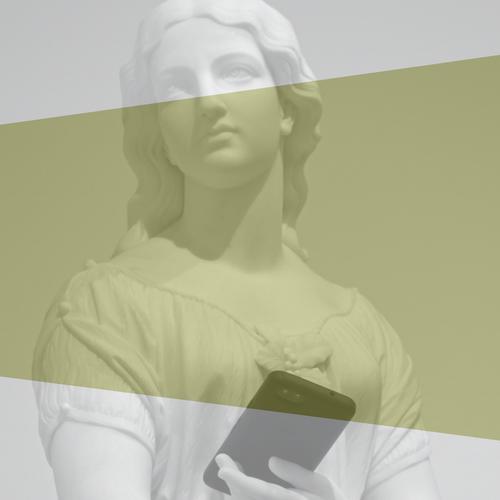Research Focus: Audiovisual Cultures
Audiovisual images have always been embedded in the historical movements of techniques, formats, formal elements, and poetics throughout a global space. This space, however, is not simply given as a structure of cultural contexts, differences, hegemonies and peripheries. Rather, it is generated and in turn set in motion with each transfer and transgression as well as in each individual act of viewing. In previous semesters, we have bound this idea to a theoretical understanding of filmic images as world projections, and we have addressed the plurality of such branching projections at the intersection of historicity and mediality: The poiesis of film-viewing then, does not simply unfold as a reconstruction of a film’s production of meaning and its ability to speak to the facts of reality, instead it always reflexively relates itself back to a cultural community’s audiovisuality.
But how is the formation of such cultural communities entwined with the – material and economic, affective and discursive – circulation of audiovisual images? What role do the processes of transmediality, media convergence and divergence play? What effects are produced in the transference of audiovisual images from one format to another (e.g. from celluloid to videocassette), or from one staging practice to another (from the public into the private space; from cinema to post-cinema)? How do particular transitory community formations of exile, diaspora, and post-migratory society emerge through interactions with entirely scattered, often contradictory logics of cultural production? How do filmmakers mediate between various locally or regionally situated visual, sonorous, or performative traditions and the regularities of a globally operating entertainment industry?
These questions will guide the following semester as we consider the multitudinous and heterogenous processes at play in the interaction between traditional cultural resources of the making of meaning and the dynamization through transfer and appropriation in the global transitory space of audiovisual cultures. We want to investigate how the dynamics of such transfers permit viewers to relate to their own lived experiences as a constantly changing or consolidating field of perceptibilities, sensibilities, and behaviors as well as in- and exclusions.
In doing so, we also aim to question rigid and one-dimensional concepts of cultural identity and cultural memory, and to instead pursue the constantly evolving borders of particular communities of taste in their unique dynamics. Which hegemonial operations of power and delineation take place in the context of the appropriation of foreign cultures, and which obstinate appropriations are at other times deployed in opposition? How do different practices of film viewing modulate the different community-building horizons of genuine audiovisual cultures?
